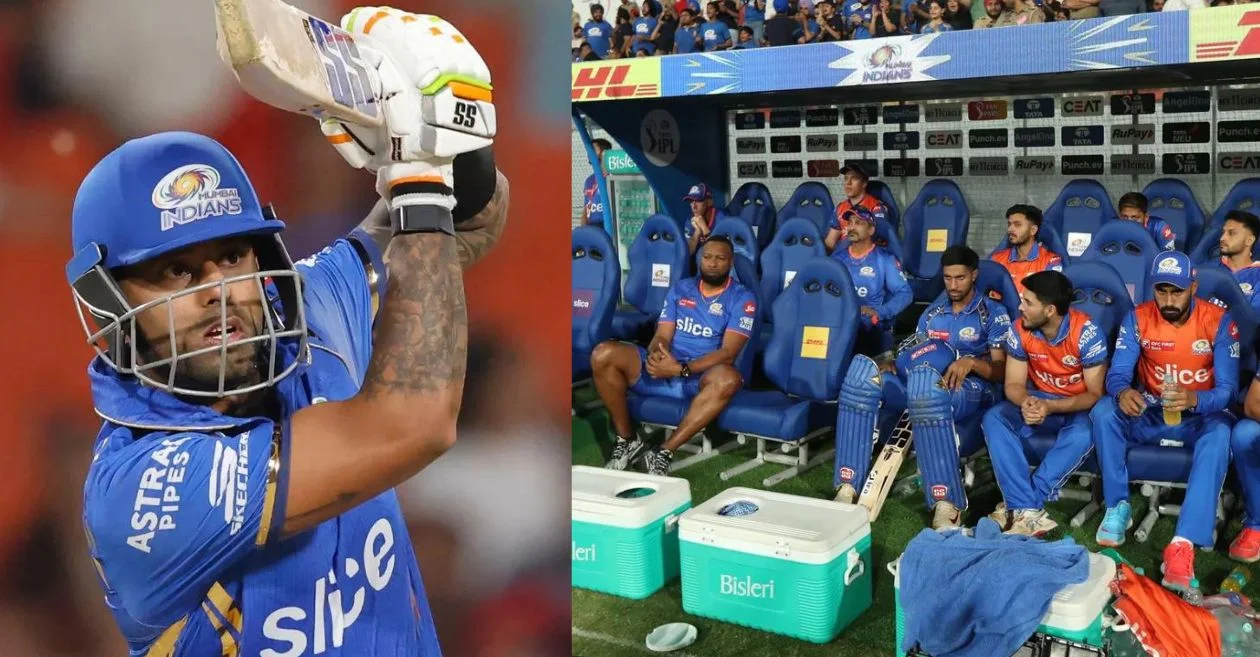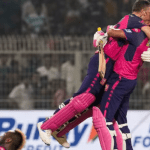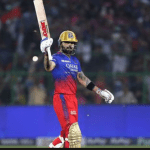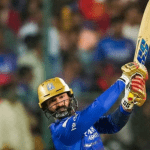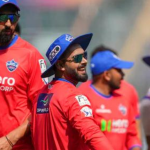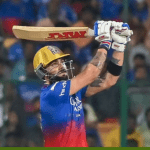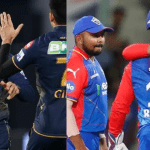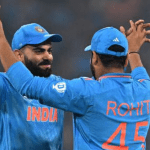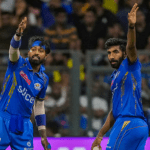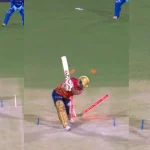In a recent Indian Premier League (IPL) match between the Mumbai Indians (MI) and the Punjab Kings (PBKS), a contentious incident unfolded, leading to the Mumbai franchise facing repercussions from the Board of Control for Cricket in India (BCCI). The incident, involving alleged signals from the MI dugout regarding a Decision Review System (DRS) review, has sparked debate and raised questions about the integrity of the game. Let’s delve deeper into the controversy and the subsequent action taken by the BCCI.
The Controversial Incident:
During the match between MI and PBKS, a video surfaced on social media, capturing moments that would soon ignite controversy. In the 15th over of the game, PBKS bowler Arshdeep Singh delivered a wide yorker to MI batter Suryakumar Yadav. Despite the delivery being wide, the on-field umpire did not signal it as such. However, the camera caught MI’s head coach, Mark Boucher, signaling to Suryakumar that the ball should have been deemed wide. Additionally, MI player Tim David, along with batting coach Kieron Pollard, gestured for Suryakumar to consider requesting a review using the ‘T’ symbol, indicating a DRS referral.
Impact of the Review:
Suryakumar ultimately opted for the review, which resulted in the on-field decision being overturned by the third umpire, ruling the delivery as a wide. This decision not only affected the outcome of that particular ball but also resulted in an additional ball being bowled in the over, which ultimately led to MI scoring a boundary. The incident drew ire from PBKS interim captain Sam Curran and reignited discussions about the role of technology and external influence in on-field decision-making.
BCCI Takes Action:
In response to the controversy, the BCCI swiftly took action against the guilty parties involved in the incident. Both Kieron Pollard and Tim David were found guilty of breaching the IPL’s Code of Conduct, specifically Article 2.20, which prohibits players from seeking assistance from individuals not actively participating on the field regarding DRS referrals. As per the IPL media advisory, Pollard and David were fined 20% of their match fees each for their Level 1 breach.
Understanding the Rule:
Article 2.15 (b) of the IPL Code of Conduct for Players and Team Officials explicitly prohibits players from seeking external assistance for DRS referrals. This rule is in place to safeguard the integrity of the game and prevent any undue influence on decision-making processes. By maintaining autonomy and impartiality in on-field decisions, the IPL upholds the principles of fair play and sportsmanship, ensuring a level playing field for all teams.
The recent controversy involving the Mumbai Indians has once again brought the spotlight on the importance of fair play and integrity in cricket. While technology has enhanced the game in many ways, it is imperative to ensure that its use remains within the confines of the rules and regulations set forth by governing bodies like the BCCI. As the IPL continues to captivate audiences worldwide, maintaining the integrity of the sport should remain paramount, and incidents like these serve as reminders of the vigilance required to uphold these principles.
